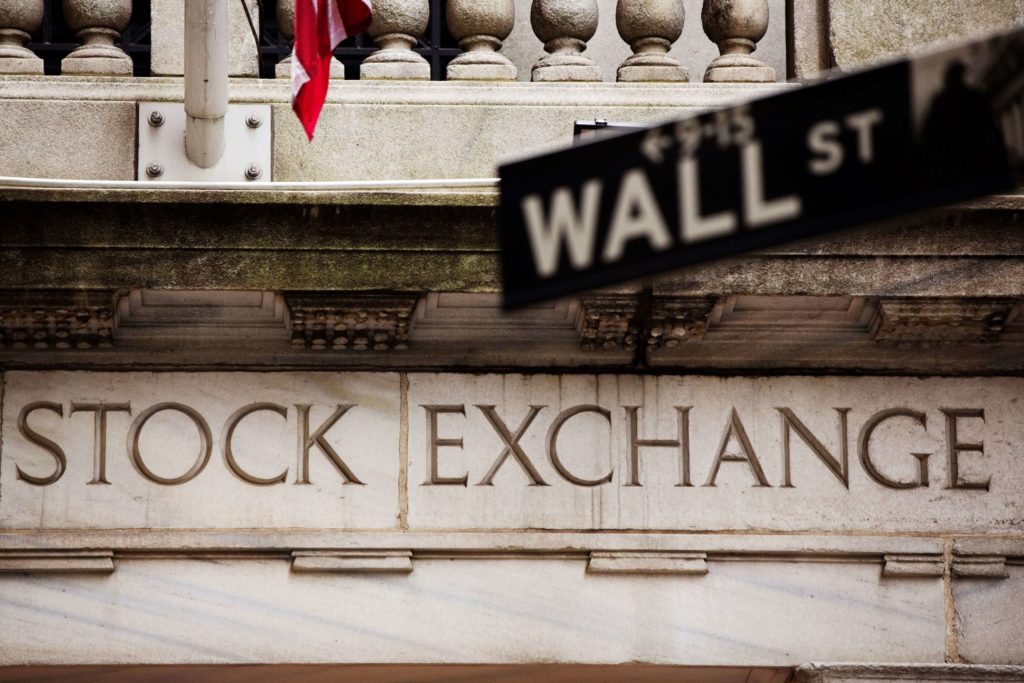Investment firm Bespoke Investment Group breathed life into the possibility of a market rebound today after Monday’s collapse thanks to growing fears of the coronavirus economic impact.
In a research note, Bespoke found that since March 2009, when markets fall 2% or more on a Monday, the rebound averages about 1% the following Tuesday.
They cited the SPDR S&P 500 ETF (NYSEARCA: SPY) as its benchmark.
“While there are no guarantees in life or in markets, history has shown that investors typically ‘buy the dip’ following big drops to start the trading week,” Bespoke wrote in a research note.
Monday was a hideous day for U.S. equities markets as the S&P 500 dropped 3.3% following an increase in the spread of the coronavirus outside of China over the weekend.
The Dow Jones Industrial Average fell 3.5% and the technology-heavy Nasdaq Composite fell 3.7%. The Dow’s losses erased any gains made up to Monday in 2020.
Hold On, Not So Fast
While Bespoke’s research suggests today will see market gains, there are some on Wall Street suggesting a rebound won’t be as big as we might think.
Late Monday night and early Tuesday morning, CNBC analyst Jim Cramer tweeted caution as the economic impact of the coronavirus isn’t fully realized.
“Please don’t make decisions based on the futures … base them on the facts. We are not that oversold … and we do not have anything out of Milan that is reassuring,”
Please do not make decisions based on the futures…base them on the facts.. We are not that oversold..and we do not have anything out of Milan that is reassuring
— Jim Cramer (@jimcramer) February 25, 2020
The big reason for the market sell-off Monday was because new cases of the coronavirus were found in Iran, South Korea and Italy. On Tuesday, Iranian officials said there were 15 deaths linked to the disease — the most of any country outside China.
Additionally, Italy reported 283 infections — up from 229 — and Spanish officials have quarantined 1,000 people at an island resort in Tenerife.
Cure May Not Be As Close As We Think
American pharmaceutical companies Gilead Sciences Inc. (Nasdaq: GILD) and Moderna Inc. (Nasdaq: MRNA) both reported they were close to a vaccine for the coronavirus.
Chinese officials said they expect clinical trial results on Gilead’s drug in April while Moderna said its vaccine was ready for clinical tests.
Cramer, however, was not convinced, suggesting “things I need you to consider: 1. Possible Milan to U.S. outbreak, 2. GILD drug not working, 3. Moderna vaccine too far away, 4. EPS weakness preannouncements.”
things i need you to consider: 1. possible milan to US outbreak, 2. GILD drug not working, 3. Moderna vaccine too far away, 4. eps weakness preannouncements..
— Jim Cramer (@jimcramer) February 25, 2020
As the virus continues to spread outside China, companies face a high risk for employees and operations as well as global economic growth.
“I put those negatives out there because they are all possibilities and can’t be overlooked. Which is why I don’t like to buy into a rally,” Cramer said.
Four of the top 12 world economies — nearly 27% of the global gross domestic product — are battling the virus.
“When the virus was limited to China and other nearby countries, it was viewed as an economic issue for Asia,” Raymond James chief fixed income strategist Kevin Giddis told CNN Business. “The spread of the virus into Italy now makes this a European issue and possibly a global issue that could upset the supply chain for months or years to come.”
Here’s What We Expect
As the virus takes hold outside of Asia, companies like Apple Inc. (Nasdaq: AAPL) and others who rely on global sales and supply chains could see a much wider impact.
The California-based tech company recently pulled its guidance and its shares dropped to below $300 on Monday.
Additionally, travel companies took a beating as the International Air Transportation Association suggested global carriers could lose nearly $30 billion in revenue due to the virus.
“The sharp downturn in demand as a result of COVID-19 will have a financial impact on airlines — severe for those particularly exposed to the China market,” the IATA said. “We estimate that global traffic will be reduced by 4.7% by the virus, which could more than offset the growth we previously forecast and cause the first overall decline in demand since the global financial crisis of 2008-09.”
While the World Health Organization has yet to classify the coronavirus as a pandemic, it’s safe to assume its negative economic impacts have yet to fully take hold. A market rebound may not be as quick to come because of that.
“It may not be called a health pandemic yet but it is an economic pandemic,” Grant Thorton chief economist Diane Swork said.
